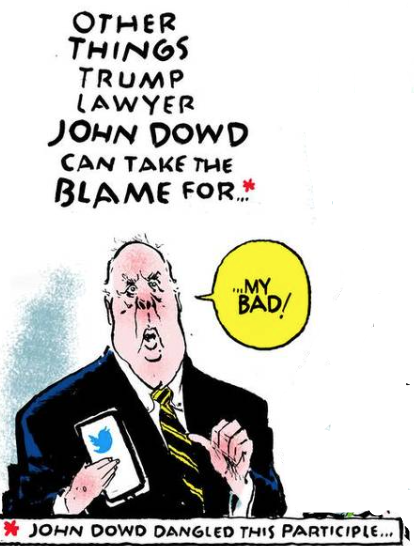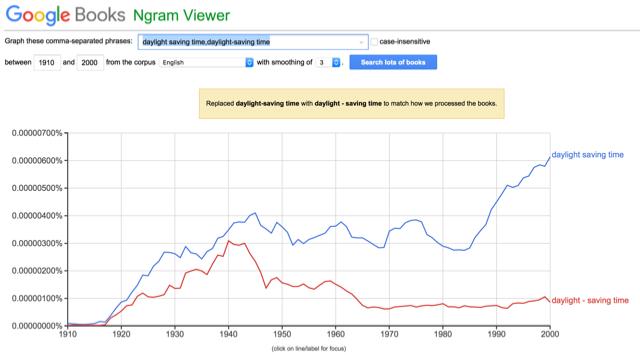Victor Mair published a post yesterday under the title "Google is scary good", and reader Philip Taylor commented:
"Scary good" reads very oddly to me; would not "scarily" be more customary in such a context ?
The answer is that there are quite a few adjectives (or, perhaps one should say, adverbs homophonous with their related adjectives) that occur as modifiers of other adjectives in standard English: dead tired, cold sober, blind drunk, and plenty of others (the topic is briefly discussed by Payne, Huddleston and Pullum in this lengthy 2010 paper).
In the particular case of scary, I remember when I first heard it as a modifier, some 40 years ago, from a British linguist in Massachusetts (she had moved to America to do her PhD and never went back). She described another linguist, who at the time I had not met, as "scary bright". It registered permanently with me — one-trial learning of the construction — and I never again found it odd to hear scary as a modifier in an adjective phrase. And I never forgot the characterization.
I will now reveal who uttered the phrase, and which linguist she was describing. If you feel this is improper, or wouldn't want to know, or think candid remarks made in private by people other than Anthony Scaramucci should never be quoted in a public setting, or wouldn't like to discover that it was not who you think it was, then all I can suggest is that you resist the temptation to click on Read the rest of this entry. Just be strong: don't read on. Eschew gossiping and leaking. Preserve the privacy and anonymity of both linguists.
Read the rest of this entry »

